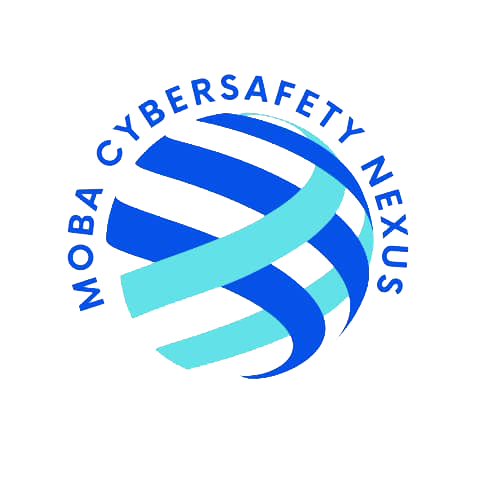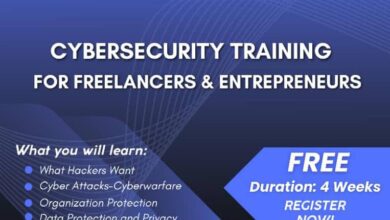Love, Wi-Fi, and the Hidden Dangers—How Amaka and Ebuka’s Date Took a Cyber Twist

It was supposed to be a perfect afternoon. Amaka and Ebuka had just wrapped up a hectic week and decided to treat themselves to some well-deserved rest at Chicken Republic. They were seated at their favorite booth, savoring the spicy aroma of jollof rice and fried chicken. It was a busy Saturday, and they felt at ease—until Ebuka’s phone pinged with an email alert.
“Amaka, can you believe this? My account balance is zero!” Ebuka’s voice quivered with disbelief. He refreshed the app again, hoping it was a glitch, but nothing changed.
Amaka leaned closer, worry creeping across her face. “What do you mean zero? That’s impossible.”
Ebuka’s hands trembled as he stared at his phone. His mind raced to figure out what had gone wrong. The realization hit him like a punch in the gut: “I connected to the public Wi-Fi here.”
The free Wi-Fi at Chicken Republic had seemed harmless, convenient even. Ebuka had used it to quickly check his emails, open his banking app, and casually scroll through social media while waiting for their order. In that moment of ease, he had unknowingly exposed himself to cybercriminals lurking on the network, harvesting his data.
The Hidden Danger of Public Wi-Fi
Public Wi-Fi networks, especially in popular spots like fast food chains, coffee shops, and malls, can be a breeding ground for hackers. Many times, these networks are unsecured, meaning they don’t use encryption to protect your data as it travels from your device to the server. This makes it easy for attackers to intercept sensitive information, like passwords, bank details, or even private emails.
Ebuka, unfortunately, learned this the hard way.
Amaka to the Rescue: Love and Cybersecurity
Seeing the distress on Ebuka’s face, Amaka pulled out her phone. As a cybersecurity enthusiast, she knew what needed to be done. She gently placed her hand on Ebuka’s and said, “Don’t worry, we’ll get through this. Let’s secure your accounts first.”
Together, they changed Ebuka’s passwords and enabled two-factor authentication (2FA) on all his important accounts. It was a band-aid solution for the damage already done, but a necessary step to prevent further exploitation. “We should’ve used a Virtual Private Network (VPN),” Amaka sighed. “It encrypts your connection and hides your data from prying eyes, even on public Wi-Fi.”
Lessons Learned: How to Stay Safe on Public Wi-Fi
Ebuka’s ordeal serves as a cautionary tale for anyone using public Wi-Fi. Here’s how you can protect yourself when you’re out and about:
- Avoid accessing sensitive information: Don’t check your bank accounts or login to important apps on public Wi-Fi. If you must, use mobile data instead.
- Use a VPN: A Virtual Private Network encrypts your connection, ensuring that even if someone is watching, they can’t steal your data.
- Turn off file sharing and AirDrop: Keep your personal information private by disabling file sharing settings on your device while connected to public networks.
- Look for HTTPS websites: Before entering any sensitive information, check the website’s URL to ensure it starts with “https://,” which indicates it’s secure.
- Update your software regularly: Keep your operating system, apps, and antivirus up to date. Updates often include patches for vulnerabilities that hackers exploit.
- Turn off auto-connect: Make sure your device doesn’t automatically connect to available Wi-Fi networks. This way, you have control over which networks you join.
Don’t Become the Next Victim
Ebuka’s story could have ended much worse if he hadn’t acted quickly. But for many others, falling victim to a public Wi-Fi hack can lead to devastating consequences—stolen identities, drained bank accounts, or compromised personal information. Don’t let convenience come at the cost of your security.
Grab your copy of Encrypted Heart now on Selar here and dive deeper into how love and cybersecurity intertwine in the digital age. Learn how to protect your heart—and your data—in a world full of risks.
























